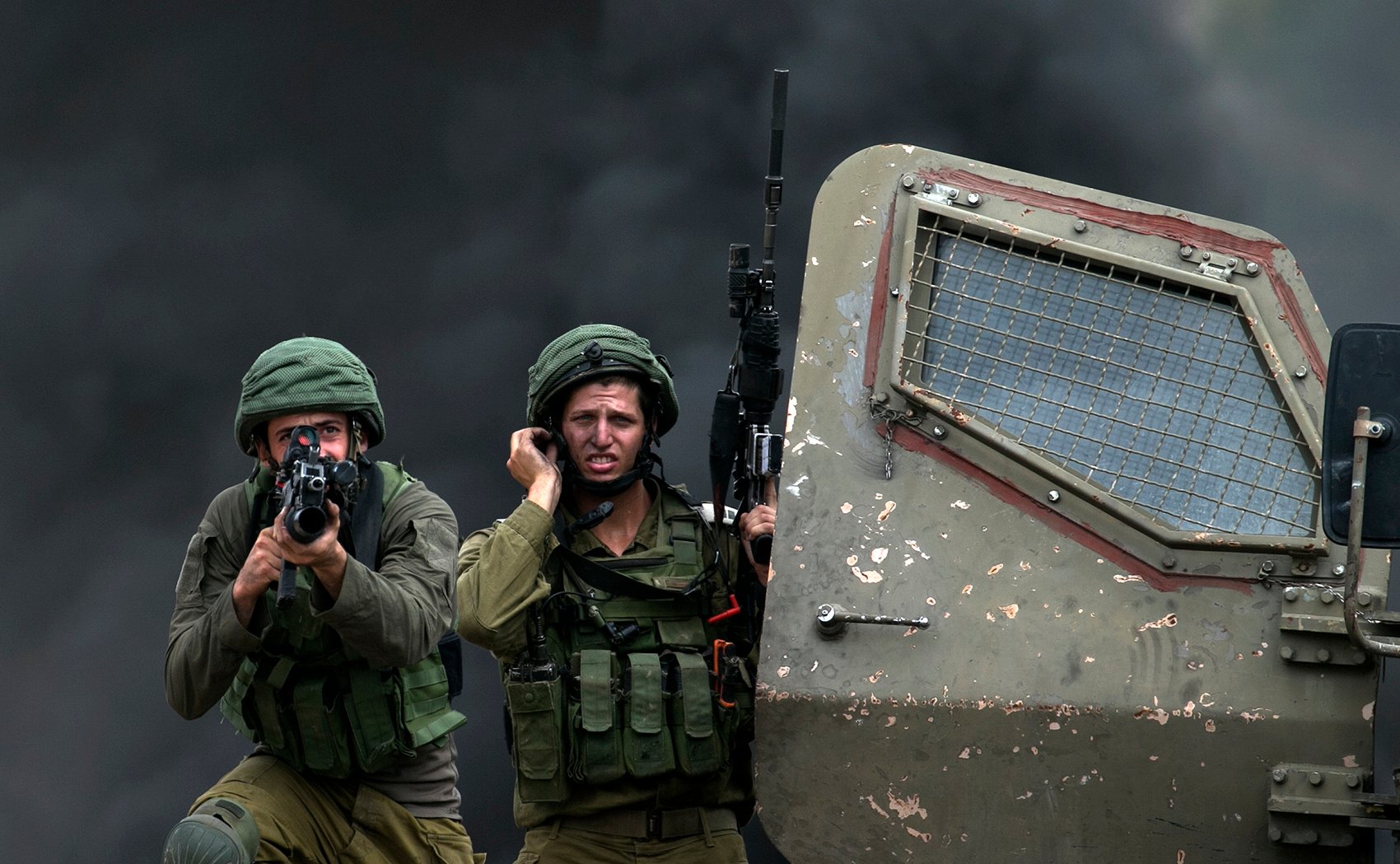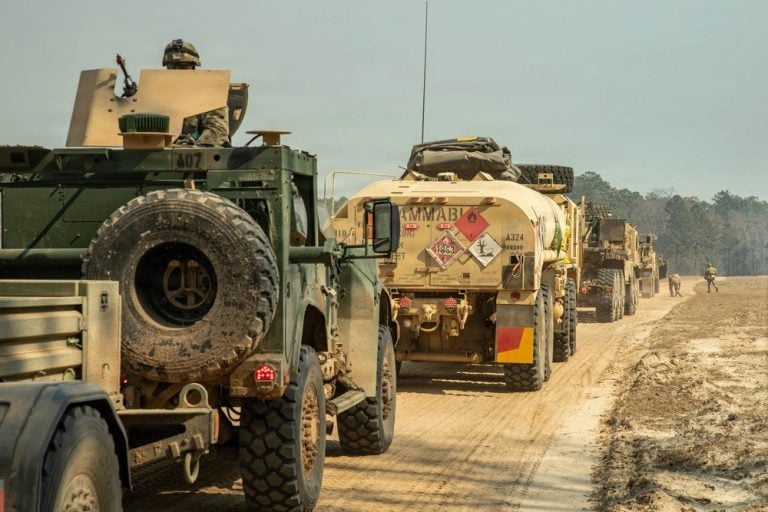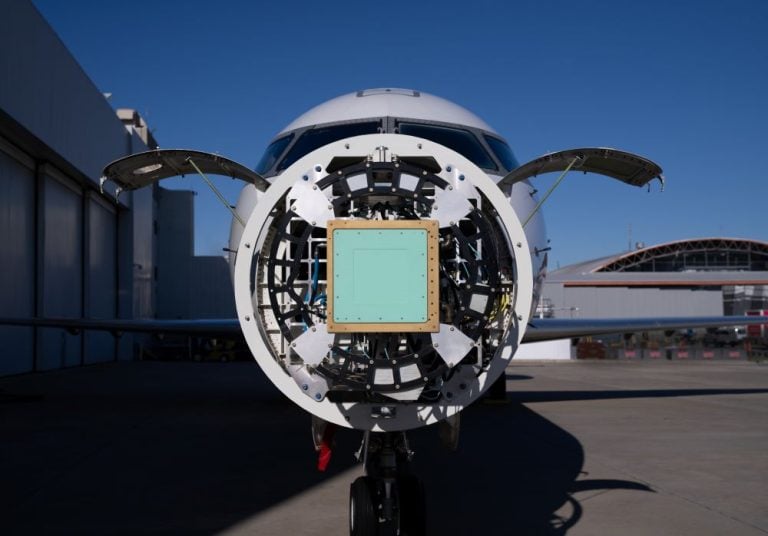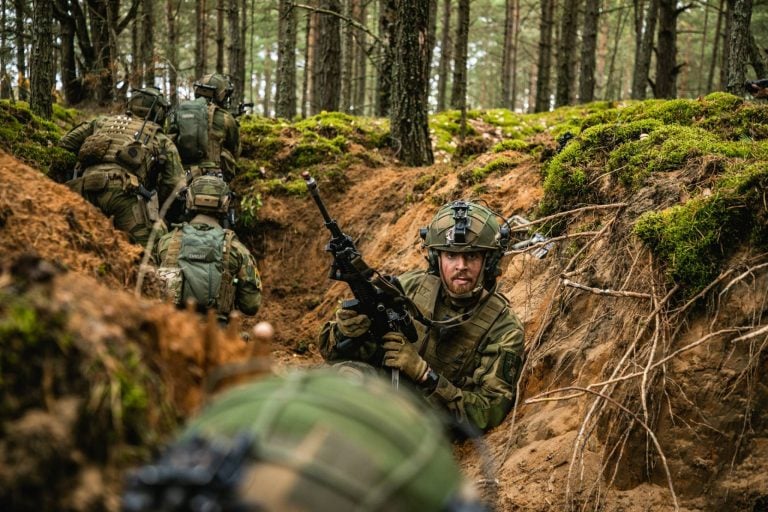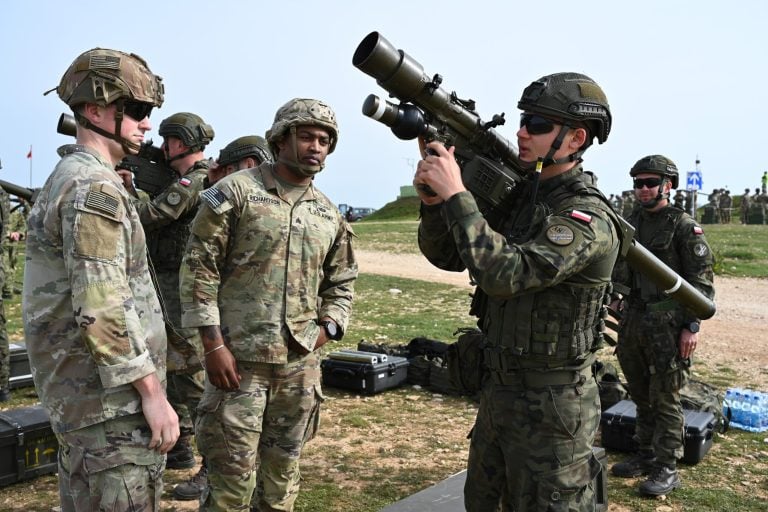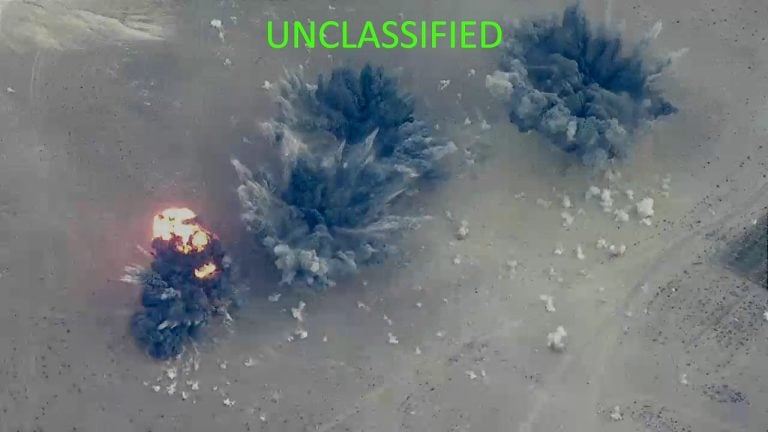A critical deadline for the withdrawal of Israeli troops from southern Lebanon under a ceasefire agreement with Hezbollah came to an end on Tuesday. This development followed Israel’s announcement that it intended to maintain a presence in five strategic locations along the border despite beginning to withdraw forces from some nearby villages.
According to a Lebanese security official, Israeli troops commenced their retreat from certain border areas on Monday. The official disclosed that Israeli forces had started to pull back from locations such as Mais al-Jabal and Blida late last week, coinciding with the advance of the Lebanese army.
The extensive destruction wrought during two months of intense conflict and a year of intermittent hostilities, primarily instigated by Hezbollah in response to the Gaza conflict, has left many regions in southern and eastern Lebanon, including parts of Beirut, in ruins. Authorities estimate that reconstruction costs could surpass $10 billion. The United Nations has reported that over 100,000 individuals remain displaced within Lebanon.
Despite the devastation, numerous individuals are eager to return home following the ceasefire declared on November 27. Many are anxious to check on their properties and, in some tragic instances, to search for loved ones who may still be trapped beneath the debris. Fatima Shukeir, a resident in her sixties, expressed a deep longing for her home in Mais al-Jabal, stating, “I miss sitting in front of my house, near my roses and having a morning cup of coffee.”
While many displaced residents hope to return, several municipalities, including that of Mais al-Jabal, have urged caution and advised them to wait for the Lebanese army’s deployment before returning, to ensure a “safe” return. Lebanese media reported that the army had taken positions in various border communities, including Mais al-Jabal, Blida, Yaroun, Maroun, and Mahbib.
The ceasefire, brokered by the United States and France, stipulates that Lebanon’s military is to deploy alongside United Nations peacekeepers as Israeli forces withdraw over a 60-day period extended to February 18. Under the agreement, Hezbollah is required to retreat north of the Litani River, approximately 30 kilometers from the border, and dismantle its remaining military assets in the region.
However, only hours before the deadline, the Israeli military declared that it would retain troops temporarily at five key points along the border to ensure the safety of residents and manage any immediate threats. Israeli Prime Minister Benjamin Netanyahu emphasized his government’s commitment to establish and enforce the ceasefire, insisting that Hezbollah must be disarmed.
Lebanon’s authorities have firmly opposed any extension of the withdrawal timeline and called on the international community to pressure Israel to complete its exit. Reports indicate that Israeli troops still occupy several towns and villages in southeastern Lebanon.
Shukeir remains hopeful about returning to her community, despite the destruction of her home and the loss of young lives during the conflict. She remarked, “We’ll go to our town and be happy (again), despite the fact that our homes have been destroyed.”
Human Rights Watch has condemned Israel’s “deliberate demolition of civilian homes and infrastructure,” stating that it has made it exceedingly difficult for many residents to return. The health ministry in Lebanon has recorded over 4,000 fatalities since the onset of cross-border violence in October 2023. On the Israeli side, the death toll stands at 78, including soldiers, along with an additional 56 troops reportedly killed during ground operations in southern Lebanon.
Following the declaration of the ceasefire, at least 60 people have lost their lives, including around two dozen on January 26, when some attempted to return to the border towns on the original withdrawal deadline. In a statement on Monday evening, the Lebanese government asserted that the state should be the only entity permitted to bear arms, which served as a subtle indication directed at Hezbollah and its arsenal as calls for the group’s disarmament have intensified in the aftermath of the war.
